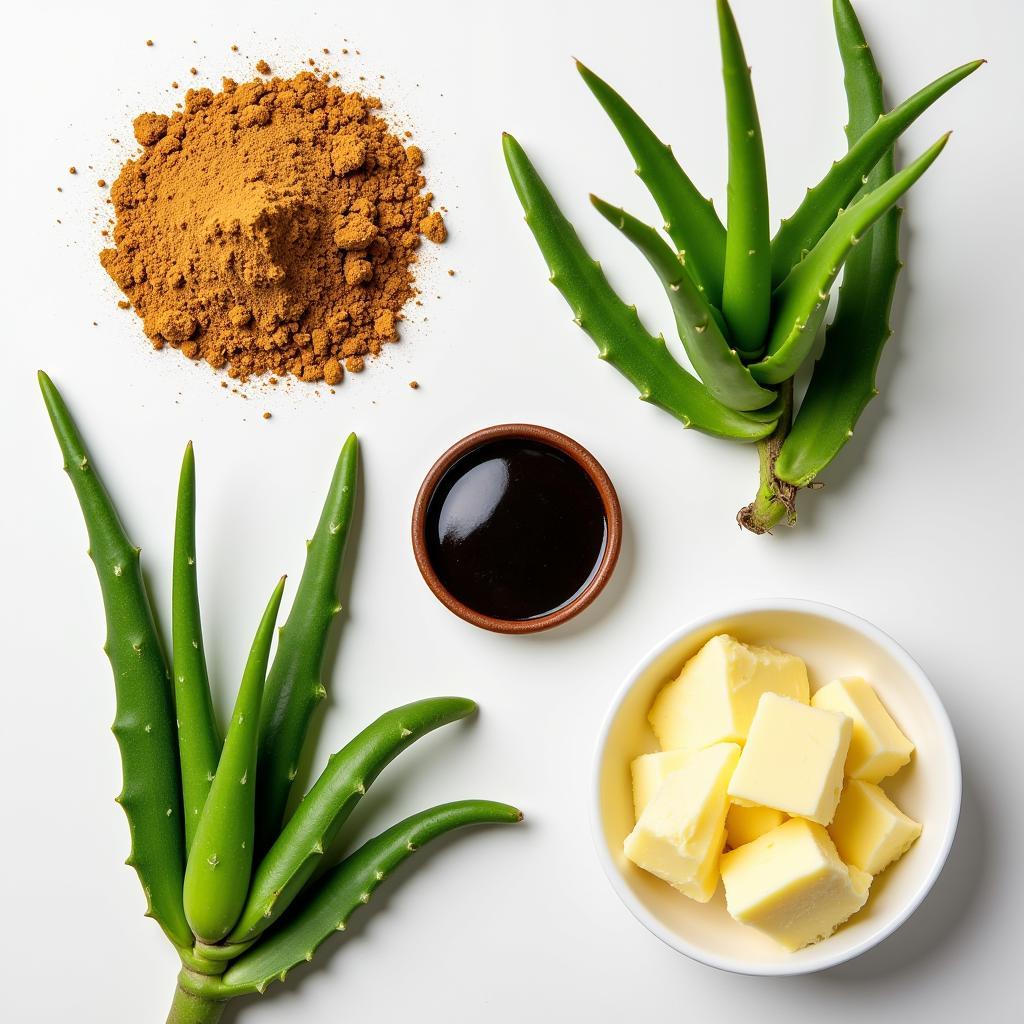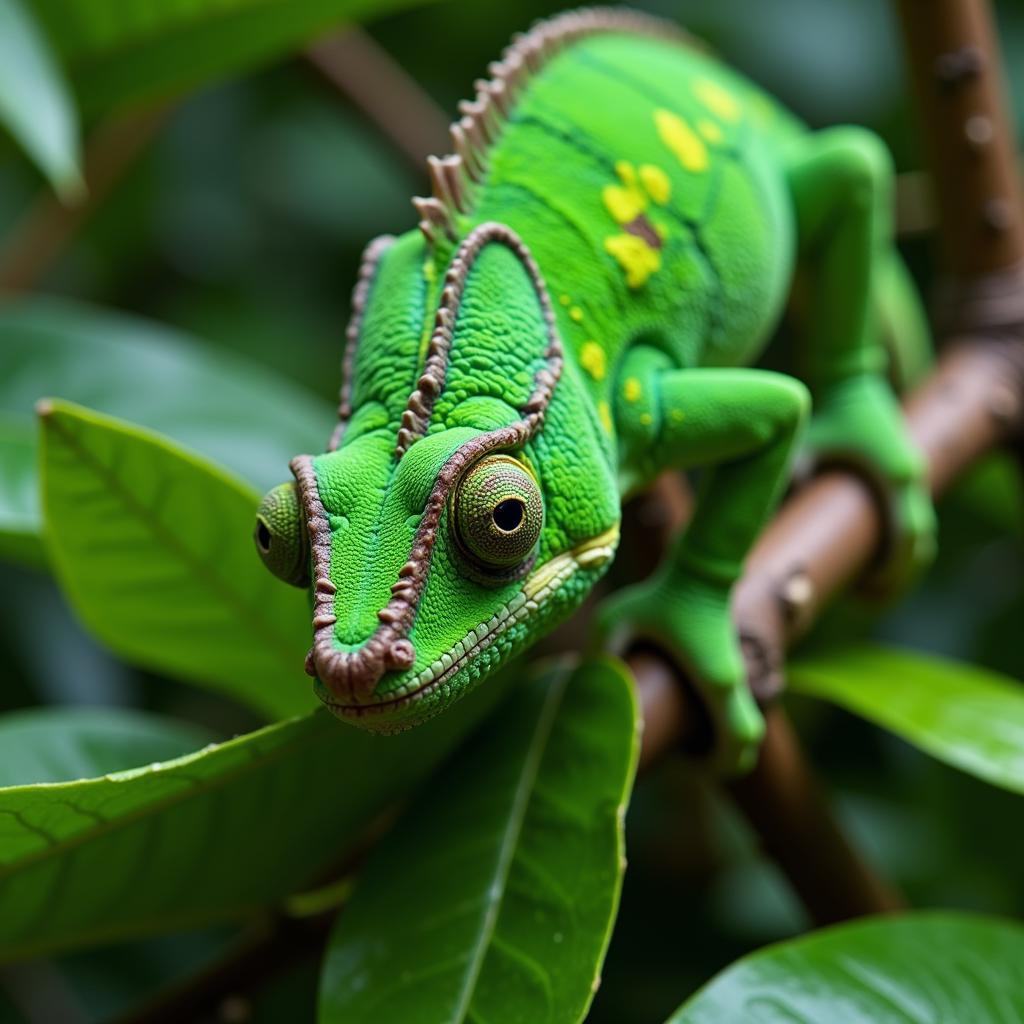African Hair Regrowth Treatment: A Journey Back to Natural Beauty
African hair, with its unique texture, coils, and curls, is a crown of beauty and pride. However, many factors can lead to hair loss and thinning, prompting a search for effective hair regrowth treatments. This journey back to natural beauty delves into the heart of African hair care, exploring traditional wisdom and modern solutions for hair regrowth.
Understanding the Roots: Causes of Hair Loss in People of African Descent
Before embarking on a hair regrowth journey, it’s essential to understand the causes of hair loss. For individuals of African descent, these can range from genetics and styling practices to underlying medical conditions:
- Traction Alopecia: This common form of hair loss is caused by constant pulling or tension on the hair follicles, often due to tight hairstyles like braids, weaves, and extensions.
- Central Centrifugal Cicatricial Alopecia (CCCA): This condition, more prevalent in women of African descent, leads to scarring and permanent hair loss, starting at the crown of the head.
- Scalp Conditions: Issues like seborrheic dermatitis, psoriasis, and fungal infections can impact hair growth.
- Hormonal Changes: Pregnancy, childbirth, and menopause can trigger temporary hair loss.
- Nutritional Deficiencies: Lack of essential vitamins and minerals, such as iron, vitamin D, and biotin, can contribute to hair thinning.
Traditional African Hair Regrowth Remedies: Harnessing Nature’s Power
For centuries, African communities have relied on the power of nature to promote hair growth. These time-tested ingredients and practices are deeply rooted in tradition and offer holistic approaches to hair care:
- Chebe Powder: Originating from Chad, this powder, made from a blend of herbs and seeds, is renowned for its ability to strengthen hair and promote growth.
- Shea Butter: This rich butter, extracted from the nut of the African shea tree, deeply moisturizes the scalp, preventing dryness and breakage.
- Black Castor Oil: This oil, extracted from the castor bean, is a staple in Jamaican hair care, known for its ability to stimulate hair follicles and promote thicker hair.
- Aloe Vera: This succulent plant is known for its soothing and healing properties, reducing scalp inflammation and promoting healthy hair growth.
 Natural Ingredients for African Hair Growth
Natural Ingredients for African Hair Growth
Modern African Hair Regrowth Treatments: Science Meets Tradition
While traditional remedies remain popular, modern science has also provided innovative solutions for African hair regrowth. Many of these treatments are rooted in traditional knowledge but have been enhanced by scientific research and advancements:
- Hair Growth Oils and Serums: These products often combine traditional ingredients like black castor oil and shea butter with modern formulations to maximize absorption and effectiveness.
- Medicated Shampoos and Conditioners: Specifically designed for African hair, these products address scalp conditions and provide essential nutrients to support hair growth.
- Low-Level Laser Therapy: This non-invasive treatment uses low-level lasers to stimulate hair follicles and promote hair regrowth.
- Platelet-Rich Plasma (PRP) Therapy: This treatment involves injecting a concentrated solution of the patient’s own platelets into the scalp to stimulate hair growth.
- Hair Transplant Surgery: In cases of significant hair loss, hair transplant surgery may be an option to restore hair in areas where follicles are no longer active.
Lifestyle Changes for Healthy Hair Growth
While choosing the right hair regrowth treatment is important, adopting healthy lifestyle habits is equally crucial for promoting optimal hair growth:
- Gentle Hair Care Practices: Avoid tight hairstyles that pull on the hair, use a wide-tooth comb to detangle, and minimize heat styling.
- Balanced Diet: Consume a nutrient-rich diet that includes fruits, vegetables, lean protein, and healthy fats.
- Hydration: Drink plenty of water to keep the scalp and hair follicles hydrated.
- Stress Management: Chronic stress can contribute to hair loss. Engage in stress-reducing activities like yoga, meditation, or spending time in nature.
 Promoting Hair Growth with Lifestyle Choices
Promoting Hair Growth with Lifestyle Choices
Embracing the Journey: Patience and Consistency are Key
The journey to hair regrowth is unique to each individual and requires patience and consistency. Embrace the process, be kind to your hair, and celebrate the milestones along the way.
Remember, hair loss is not just about aesthetics; it can impact self-esteem and emotional well-being. Seeking advice from a dermatologist or trichologist specializing in African hair can provide personalized guidance and support on your journey back to natural beauty.
Frequently Asked Questions about African Hair Regrowth Treatment
Q: How long does it take to see results from African Hair Regrowth Treatment?
A: The timeframe for visible results varies depending on the chosen treatment, the severity of hair loss, and individual factors. Generally, it’s recommended to allow at least 3 to 6 months to evaluate the effectiveness of a treatment.
Q: Are there any side effects associated with African hair regrowth treatments?
A: Some treatments may have potential side effects. It’s important to consult with a healthcare professional to discuss any concerns and choose a treatment that aligns with your health history and needs.
Q: Can I continue using relaxers or other chemical treatments while undergoing hair regrowth treatment?
A: It’s generally advisable to avoid harsh chemical treatments while focusing on hair regrowth. These treatments can damage the hair shaft and scalp, hindering progress.
Q: What are some natural ways to promote hair growth while undergoing treatment?
A: Incorporating scalp massages with stimulating oils, maintaining a healthy diet, and managing stress can complement professional treatments and support overall hair health.
Q: Is it normal to experience some shedding during hair regrowth treatment?
A: Some degree of shedding is normal, especially in the initial stages of treatment. This is often a sign that the treatment is working to stimulate new hair growth. However, if you have concerns about excessive shedding, consult with a healthcare professional.
Need More Information?
For further insights into African hair care and specific hair loss concerns, explore these articles:
Ready to start your hair regrowth journey?
Contact us today for personalized advice and to explore the best treatment options for you.
Call: +255768904061
Email: kaka.mag@gmail.com
Visit us: Mbarali DC Mawindi, Kangaga, Tanzania.
Our dedicated team is available 24/7 to assist you.

